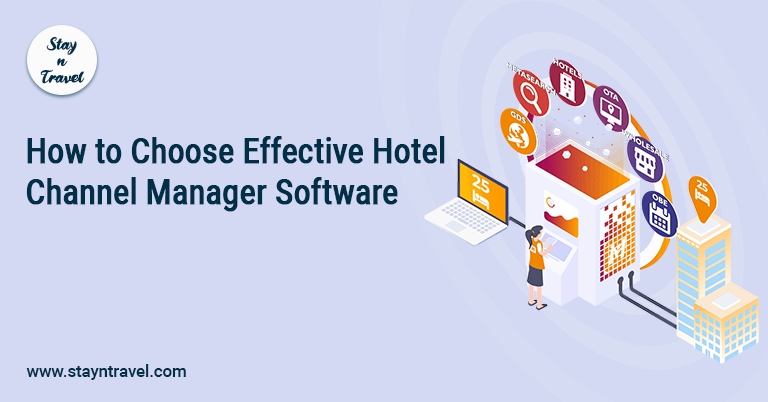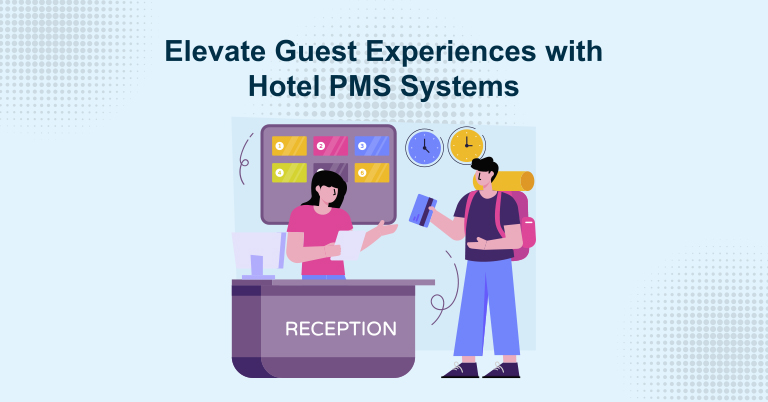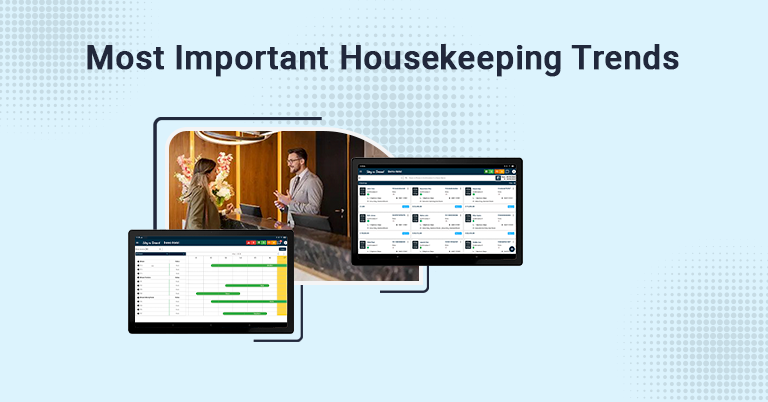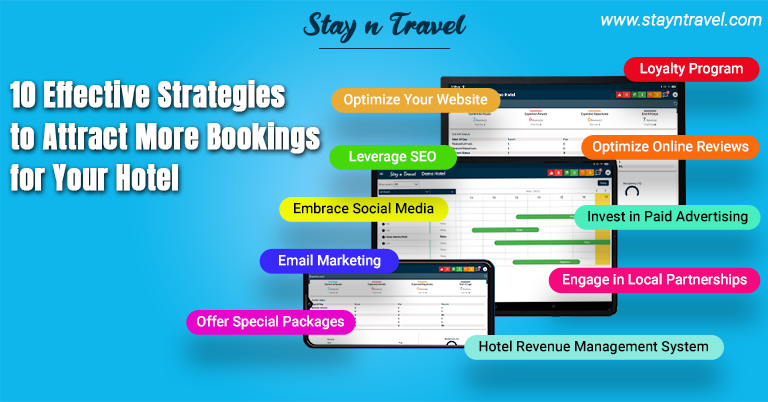In the dynamic world of hotel management, an effective hotel channel manager is essential. This software can significantly impact a hotel’s distribution strategy, revenue management, and overall efficiency. In this article, we’ll explore the key factors to consider when choosing a hotel channel manager software that suits your property’s needs.
1. Compatibility with Booking Channels
Ensure that the channel manager is compatible with the booking channels you use. It should seamlessly integrate with major online travel agencies (OTAs) like Booking.com, Expedia, Airbnb, and your property’s website. Compatibility is crucial to avoid overbookings and to efficiently manage rates and inventory across all channels.
2. User-Friendly Interface
Choose a channel manager with an intuitive user interface. Hotel staff should be able to easily navigate the software without extensive training. A user-friendly interface reduces the risk of errors and enhances overall productivity.
3. Real-Time Updates
Timely updates are crucial in the hotel industry. The channel manager should provide real-time synchronization of rates, availability, and reservations across all connected channels. This prevents double bookings and ensures that guests receive accurate information.
4. Rate Management
Effective rate management is a core feature. The channel manager should allow you to set dynamic pricing strategies, including discounts, promotions, and restrictions. It should also support multiple rate plans to cater to different guest segments.
5. Channel Performance Analytics
Access to detailed analytics and reporting is vital for decision-making. The channel manager should provide insights into channel performance, booking trends, revenue generated, and other key metrics. These analytics help optimize distribution strategies.
6. Automation and Rules
Look for automation features such as automated inventory updates, rate adjustments, and room allocation. Additionally, the ability to set rules for minimum stay, closed-to-arrival, and closed-to-departure dates can save time and prevent errors.
7. Connectivity Options
Consider the connectivity options offered by the channel manager. It should seamlessly integrate with your property management system (PMS) and any other relevant software. API connections are preferred for reliable data exchange.
8. Support and Training
Evaluate the level of customer support and training provided by the channel manager provider. Prompt and knowledgeable customer support is crucial, especially during critical situations. Ensure that training materials and resources are readily available.
9. Scalability
Choose a channel manager that can scale with your property’s growth. It should accommodate additional rooms, properties, or new distribution channels as your business expands.
10. Cost-Effective Pricing
Consider the pricing structure of the channel manager. While the cost is important, it’s equally essential to assess the value it provides. Evaluate whether the software can generate enough additional revenue or operational efficiency to justify its price.
Conclusion
Selecting the right hotel channel manager software is a strategic decision for any hotelier. It directly impacts your property’s distribution strategy, revenue management, and guest experience. By prioritizing compatibility, usability, real-time updates, rate management, analytics, automation, connectivity, support, scalability, and cost-effectiveness, you can make an informed choice that aligns with your hotel’s unique needs and objectives. A well-chosen channel manager can streamline your operations, increase revenue, and ultimately contribute to the success of your hotel business.






